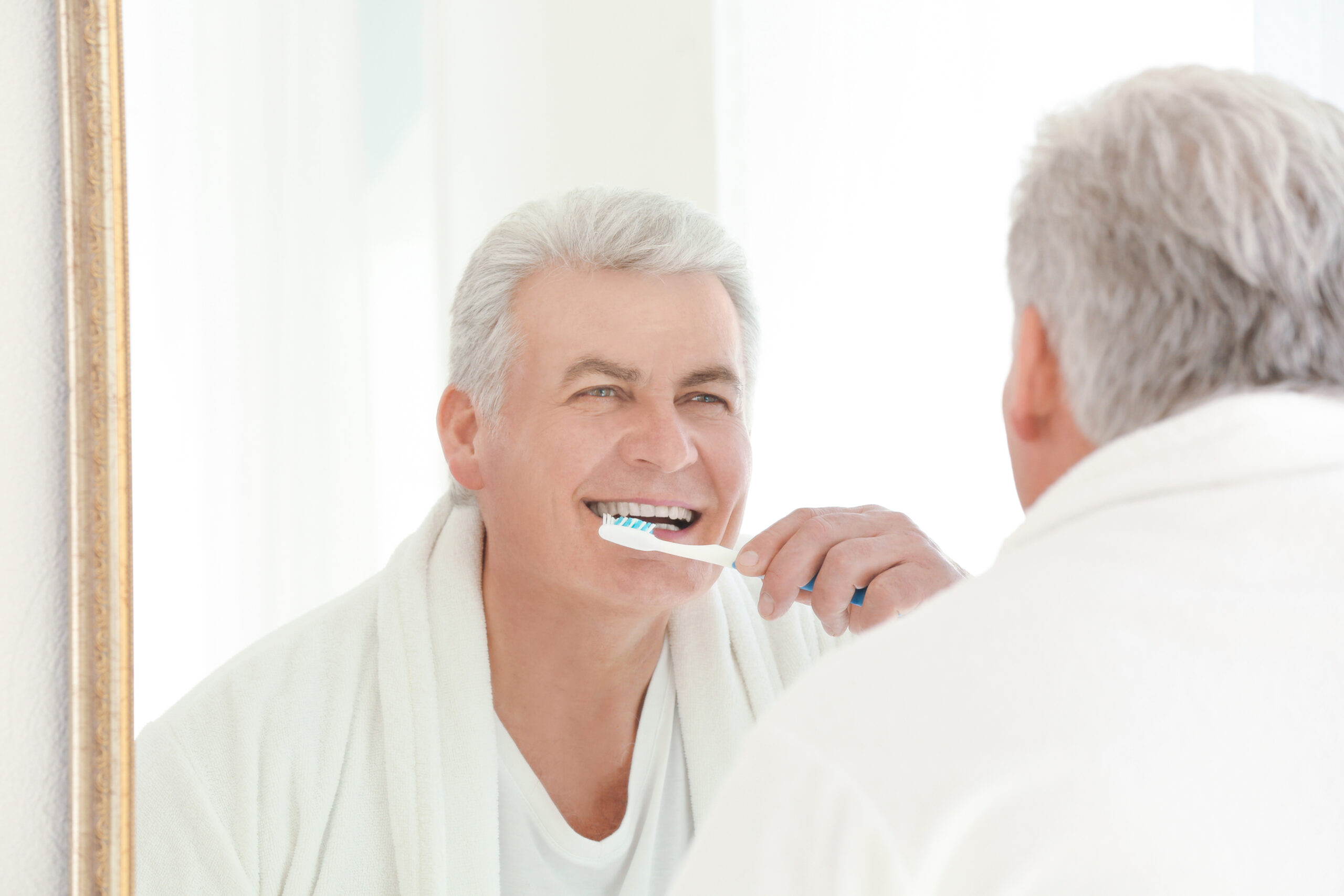How does menopause affect hydration
Menopause is a significant life transition for women, marked by a variety of physical changes. One of the lesser-known effects of menopause is its impact on hydration. As women enter this phase, they often experience changes in their body’s ability to maintain fluid balance, which can lead to dehydration if not managed properly.
### The Role of Estrogen
Estrogen plays a crucial role in maintaining hydration and elasticity in various tissues throughout the body. During menopause, estrogen levels decline, affecting the body’s ability to retain moisture. This decline impacts not just the skin and eyes but also the mucous membranes in the mouth and vagina, leading to symptoms like dry mouth and vaginal dryness[3][5].
### Symptoms of Dehydration During Menopause
Dehydration during menopause can manifest in several ways:
– **Night Sweats and Increased Urination**: These common symptoms can lead to increased water loss, making it harder for the body to stay hydrated[2].
– **Dry Mouth**: Hormonal changes can cause the mucous membranes in the mouth to become thinner, leading to dryness and discomfort[3].
– **Bloating**: While it might seem counterintuitive, the rapid fluctuations in estrogen can cause water retention, leading to bloating[4].
### Managing Hydration During Menopause
Staying hydrated during menopause requires a thoughtful approach:
– **Start Early**: Begin drinking water early in the day to maintain consistent hydration levels[2].
– **Add Flavor**: Using herbal infusions or adding lemon and cucumber to water can make it more appealing to drink regularly[2].
– **Avoid Diuretics**: Limit caffeine and alcohol, especially in the evening, as they can increase urine production and exacerbate dehydration[2].
– **Balance Electrolytes**: Include magnesium-rich foods like pumpkin seeds and bananas in your diet to help maintain electrolyte balance[2].
– **Limit Fluids Before Bed**: Stop drinking large amounts of water 1-2 hours before bedtime to avoid nighttime wake-ups[2].
By understanding how menopause affects hydration and implementing these strategies, women can better manage their symptoms and maintain overall health during this transition.





